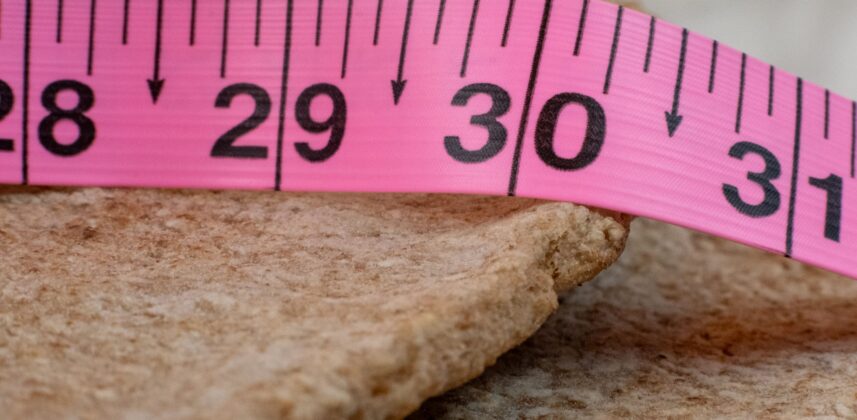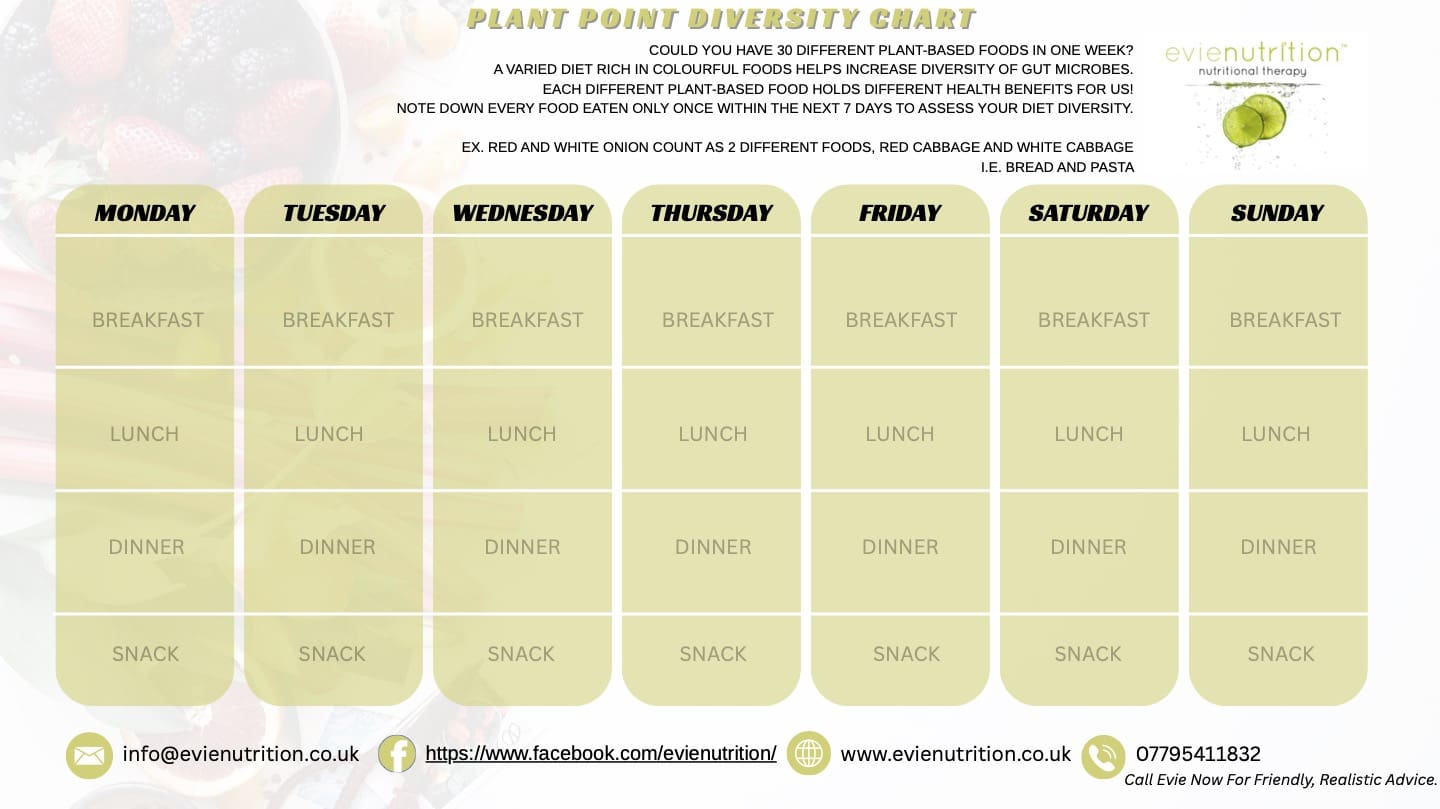Processed foods and your weight loss drug journey
Robert Price | Last update: 26th July 2025
Processed foods are part of daily life. They’re quick, affordable and everywhere. These foods aren’t just about convenience, they can make or break your long-term success. But are they all baddies?
When you’re on a weight loss drug journey, having a varied diet becomes even more important. And when your appetite is reduced, you need to have a plan to make every bite count.
We’ve been chatting to Evie Whitehead, a highly qualified Registered Nutritional Therapist, and she’s underlined what we all know:
“While weight loss medications can reduce how much you eat, they do not change what you eat.”
Here’s our guide to keep you informed and on track…

What are processed foods?
Processed foods are any foods that have been changed in some way from their original state. This can include washing, freezing, cooking, packaging or adding ingredients like salt, sugar or preservatives.
Some processed foods can be helpful. Think of:
- Pasteurised milk
- Frozen vegetables
- Plain yoghurt
- Wholegrain bread
Evie agrees: “…a tin of baked beans may be classed as “processed” but they are an excellent source of protein and fibre which can help to keep you full for longer and provide essential nutrients…and it is better to focus on including plenty of wholefoods in your diet by cooking from scratch where possible…”
Others, especially ultra-processed foods, are much more likely to work against your goals. These are the foods that tend to be high in added sugar, fat and salt, low in fibre and nutrients.
What are ultra-processed foods?
Ultra-processed foods are typically made with ingredients not found in a home kitchen, such as:
- Artificial sweeteners or colours
- Preservatives and flavour enhancers
- Hydrogenated oils and emulsifiers
“These foods create spikes in hunger hormones and diminish the feeling of fullness, potentially undermining the appetite-suppressing effects of weight loss drugs…” Evie
Common examples include:
- Crisps and confectionery
- Sugary breakfast cereals
- Sweetened drinks and packaged snacks
- Instant noodles and frozen ready meals
- Processed meats like sausages and nuggets
Evie says ultra processed foods are “…are closely linked to weight gain, increased hunger, and altered brain chemistry that drive overeating – even when consumed in the same caloric amounts as less-processed foods.”
These foods are convenient and easy to find, yes. But unfortunately they often undermine the work you’re doing with your weight loss journey.
The research
Multiple studies have linked ultra-processed foods with increased risks of:
- Obesity and weight regain
- Type 2 diabetes
- Heart disease
- Certain cancers
- Shorter life expectancy
While not all research can prove direct cause and effect, the pattern is clear: eating more ultra-processed foods tends to lead to worse health outcomes over time.
How to spot ultra processed foods
If you’re trying to stay on track with your weight loss, here are five practical steps you can take:
Step 1: Check the ingredients list
If it contains things you don’t recognise or wouldn’t cook with yourself, it’s probably ultra-processed.
Step 2: Look beyond the traffic lights
Front-of-pack labels can be misleading. Use the nutritional table on the back to compare per 100g across products.
Step 3: Batch cook simple meals
Make extra portions of meals like vegetable chilli, soups or curries. Freeze them to avoid reaching for processed options when you’re tired.
Step 4: Use processed foods that help, not hinder
Tinned fish, frozen veg, Greek yoghurt and ready-to-eat lentils are quick wins without the downsides.
Step 5: Focus on protein, fibre and healthy fats
These support fat loss, muscle preservation and fullness. Many ultra-processed snacks are low in all three.
Why it matters on weight loss drugs
If you’re taking weight loss drugs your appetite is reduced. That’s obviously a huge benefit of the treatments, along with feeling fuller quicker. However, if you’re eating less overall the food should be nutrient-dense.
Ultra-processed foods often fail this test. They are usually:
- High in calories
- Low in protein, fibre and micronutrients
- Engineered to be moreish so make you crave more even if you’re feeling full
“Continuing a diet high in ultra-processed foods may limit the long-term success of these drugs.” Evie
This combination can lead to muscle loss, nutrient gaps, and slower progress, especially if your body is already adjusting to lower food intake.
Food processing
Not all food processing is bad. In fact, many processed foods are useful when trying to stick to healthy habits, especially if you’re short on time or energy. For example:
- Cooking and freezing helps preserve nutrients and reduce waste
- Canning makes foods like beans and tomatoes shelf-stable and affordable
- Fortifying cereal or milk with iron or vitamin D supports overall health
The key is knowing which processed foods support your goals, and which ones might sabotage them.
Making healthy changes
We’re the same as you and we’re not here to judge. That is especially true when we talk about food. You don’t need to eat perfectly to lose weight or stay healthy. But it does help to be more mindful about your food choices. We know from our experiences that is crucial when your appetite is lower and your health goals are front and centre.
Instead of focusing on cutting things out, focus on what you can add to your day:
- More plant based food
- More meals cooked from scratch
- More awareness of what you’re eating or buying
“A great way to make healthy changes to support your health and metabolism whether you are already taking weight loss medication or not, is to eat a diet that includes a wide diversity of plant based foods.” Evie
Evie advocates eating more than 30 different plant based food each week – she’s developed a simple 30 day challenge help us all to do this:

Evie is offering all SlimrChat readers a free call to chat about your diet and health.
The NHS Eatwell Guide also gives straightforward and helpful advice on what foods to choose for a healthy and nutritious diet.
Remember every positive step, however small, you make adds up and keeps you on track on your weight loss journey. Dive into the chats to share your experiences or see what our community member are saying.